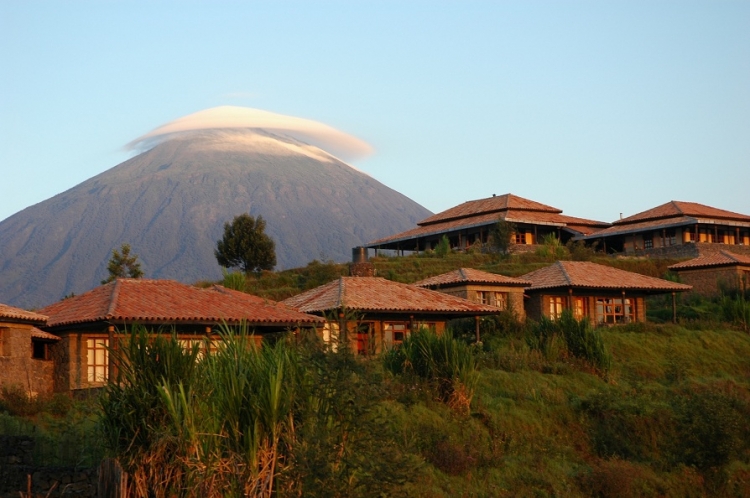News
Rwanda proves the value of environmental protection measures
We need all our continent’s political leaders to recognise the benefits brought about from bold conservation efforts and robust protected area management.

There is no greater proof of the value of conservation done well than the surge in visitor numbers Rwanda has benefited from in recent years. This is a huge achievement, particularly given where our country was two decades ago.
Last year 1.2m tourists came to Rwanda, contributing 11% of national GDP.
This has been done by our leaders recognising the importance of protecting our diverse natural environment and creating a sustainable model that benefits humans and wildlife alike.
However the problem is bigger than Rwanda, our planet is facing a bio-diversity crisis and, unless African politicians and leaders learn the lessons of others to protect nature now, the consequences will be far worse than people realise. For a collapse in bio-diversity across the planet does not just mean that we face an extinction of plants and animals, but a collapse in clean water supplies, food security and the health of humans across the planet.
Outside Rwanda, there have been some other examples of efforts to tackle the crisis by certain political leaders. In Botswana for example conservation and tourism have become an engine room for the country’s economy. The same is true in Namibia.
But Africa can’t rely only on Rwanda, Botswana and Namibia. We need all our continent’s political leaders to recognise the benefits brought about from bold conservation efforts and robust protected area management, making the strong decisions that are required now.
In Rwanda we have identified certain areas of land, such as the Afro Montane forests, which have now been given full protective status. By doing this we have been able to not just secure the future of our mountain gorilla’s, but also the future of many wonderful birds, primates, large mammals, reptiles, insects, plants and also ensure continued water and medical plant resources for the local communities. If we in Rwanda can do this, then all countries can.
It is my sincere wish that we should strive for the goal laid out by the Campaign for Nature to have 30% of the continent’s land and oceans protected by 2030. The revenue and security this will bring in will be a major step forward to protecting our environment for current and future generations.
This week, many of my counterparts across Africa met for the African Biodiversity Summit in Sharm el Sheikh and currently global encironmental leaders are discussing our future goals at the Convention on Biodiversity’s Conference of Parties. It is my hope that this conference will offer us an opportunity as Africans to take ownership over our natural resources and demonstrate a commitment to safeguarding and investing in Africa’s rich biodiversity.
We have shown what is possible when we do this right. We owe it to our continent to tackle these issues now before it is too late.


